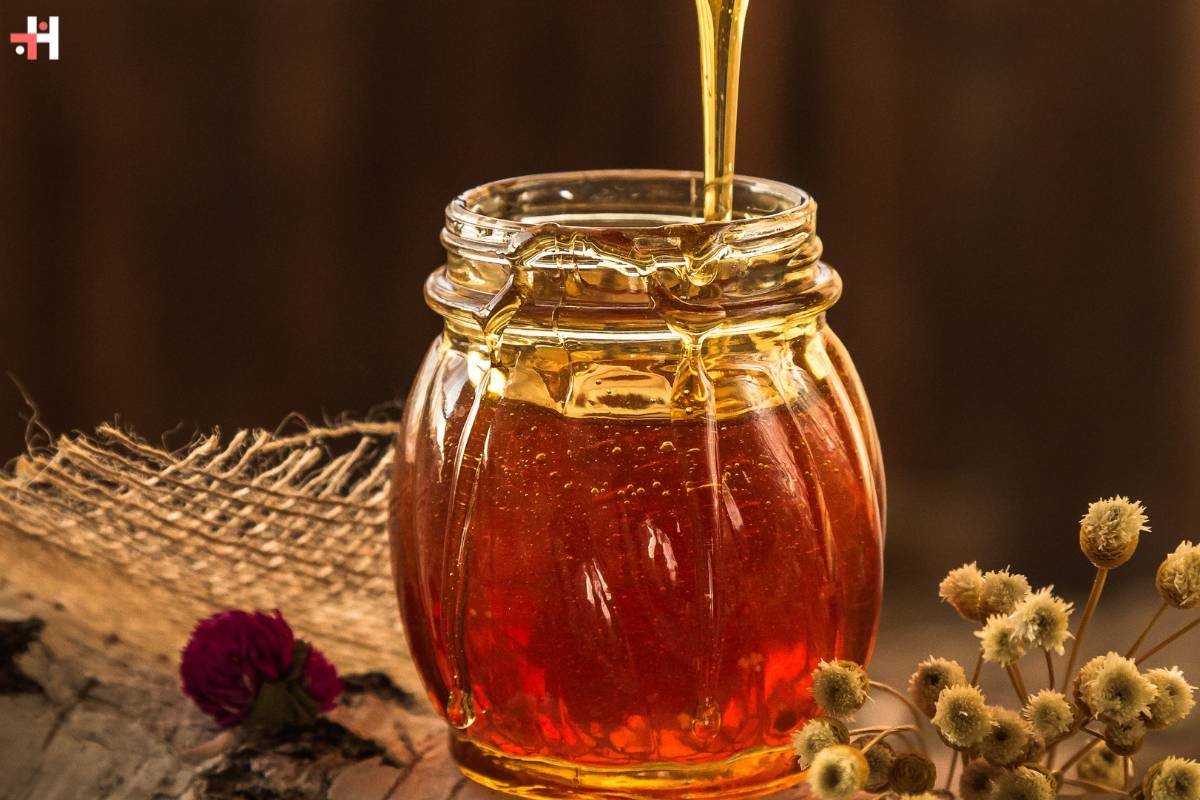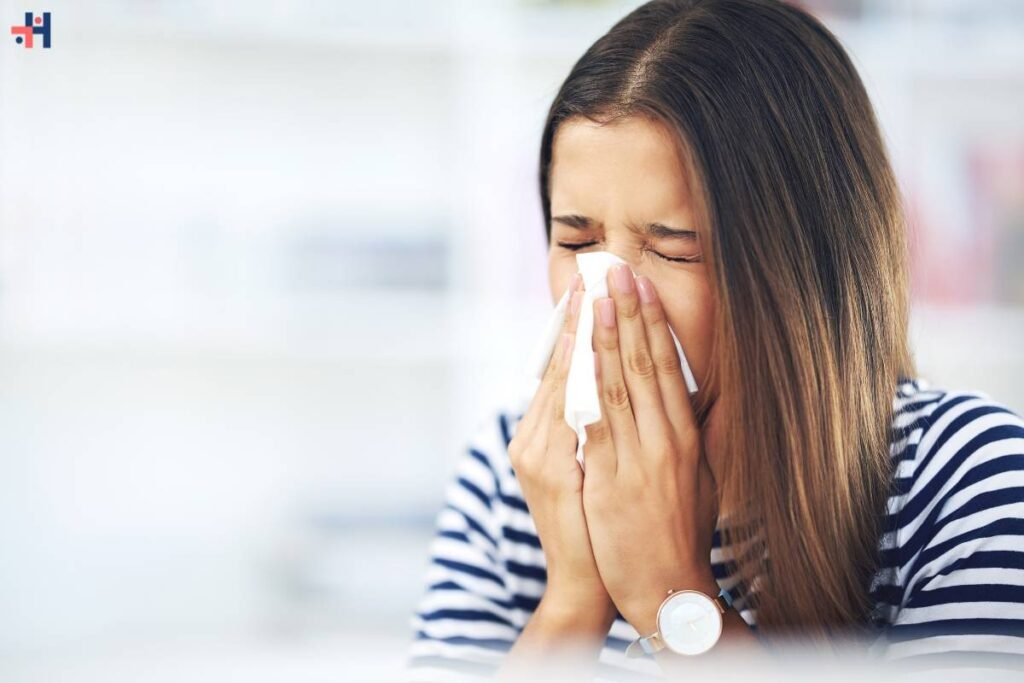Many people struggle with the terrible symptoms of seasonal allergies as the seasons change. The congestion, itchy eyes, and sneezing might hinder outdoor activities and negatively affect general health. But if you have the correct tactics, you can deal with allergy season more easily. We’ll look at seven effective strategies in this post to help you manage seasonal allergies so you can appreciate the beauty of each season without having to deal with the uncomfortable symptoms.
1. Identify Your Triggers for Seasonal Allergies
Understanding your specific triggers is the first step in effectively managing seasonal allergies. Common culprits include pollen from trees, grasses, and weeds, as well as mold spores. By identifying the primary allergens that affect you, you can take targeted measures to minimize exposure. Consider consulting with an allergist for comprehensive testing to pinpoint your specific triggers and tailor your allergy management plan accordingly.
2. Monitor Pollen Counts Regularly

Keeping track of daily pollen counts can be a game-changer during allergy season. Numerous websites, apps, and weather services provide real-time information on pollen levels in your area. By staying informed about pollen counts, you can plan your outdoor activities strategically. Opt for indoor activities on high pollen days and schedule outdoor ventures when pollen levels are lower. This proactive approach can significantly reduce your exposure to allergens and minimize symptoms.
3. Create an Allergy-Resistant Home Environment
Transforming your home into a haven from allergens can greatly alleviate seasonal allergy symptoms. Consider these tips for creating an allergy-resistant home environment:
- Use Air Purifiers: High-efficiency particulate air (HEPA) purifiers can help filter out airborne allergens, providing cleaner indoor air.
- Keep Windows Closed: During peak pollen seasons, keep windows closed to prevent outdoor allergens from entering your home.
- Regular Cleaning: Regularly clean and dust your home, including carpets, rugs, and bedding, to minimize allergen accumulation.
- Wash Bedding Frequently: Wash your bedding, including sheets and pillowcases, in hot water weekly to remove allergens.
By making your home a sanctuary free from common allergens, you can create a retreat from the irritants that trigger seasonal allergies.
4. Practice Nasal Irrigation for Seasonal Allergies Relief

Nasal irrigation, often done using a saline solution, is a natural and effective way to alleviate nasal congestion and flush out allergens. Neti pots or saline nasal sprays can help soothe irritated nasal passages and reduce symptoms such as sneezing and postnasal drip. Incorporating nasal irrigation into your daily routine during allergy season can provide ongoing relief and promote better respiratory health.
5. Choose the Right Time for Outdoor Activities
Planning outdoor activities wisely can significantly impact your exposure to allergens. Pollen levels are generally higher in the morning, particularly on warm, dry, and windy days. Consider scheduling outdoor activities later in the day or after rain when pollen levels are lower. If possible, delegate outdoor tasks like gardening or mowing the lawn to others during peak pollen seasons to minimize your direct exposure to allergens.
6. Explore Natural Remedies and Supplements

Several natural remedies and supplements may offer relief from seasonal allergy symptoms:
- Local Honey: Consuming local honey is believed by some to help build tolerance to local pollen. While scientific evidence is limited, some individuals report reduced allergy symptoms with regular honey consumption.
- Quercetin: Found in foods like apples, onions, and berries, quercetin is a natural antioxidant with potential anti-allergic properties. Consider incorporating quercetin-rich foods into your diet or discussing quercetin supplements with your healthcare provider.
- Butterbur: Extracts from the butterbur plant have shown promise in reducing allergy symptoms. However, it’s essential to consult with a healthcare professional before incorporating butterbur supplements due to potential side effects.
Always consult with your healthcare provider before adding any new remedies or supplements to your routine, especially if you have underlying health conditions or are taking other medications.
7. Seek Professional Guidance for Seasonal Allergy Management
If your seasonal allergy symptoms persist or significantly impact your quality of life, seeking professional guidance is crucial. An allergist can conduct thorough testing to identify specific allergens and recommend personalized treatment options. Common medical interventions for seasonal allergies include:
- Antihistamines: Over-the-counter or prescription antihistamines can help alleviate symptoms like sneezing, itching, and runny nose.
- Nasal Corticosteroids: These prescription nasal sprays can reduce inflammation and congestion, providing relief from allergy symptoms.
- Immunotherapy (Allergy Shots): For individuals with severe allergies, allergen immunotherapy involves gradually exposing the immune system to allergens, desensitizing the body over time.
Conclusion:
You don’t have to let seasonal allergies prevent you from enjoying the great outdoors. You may take proactive control of your seasonal allergy symptoms and recapture the joy of every season by putting these seven effective tips into practice. Taking a holistic approach can have a big impact on your overall health during allergy season, from making your home allergy-resistant to investigating alternative therapies and getting expert advice. Always seek individual counsel from medical professionals and create a customised plan that targets your unique triggers and symptoms. You can confidently navigate seasonal allergies and appreciate the beauty of each season if you have the correct strategies in place.










